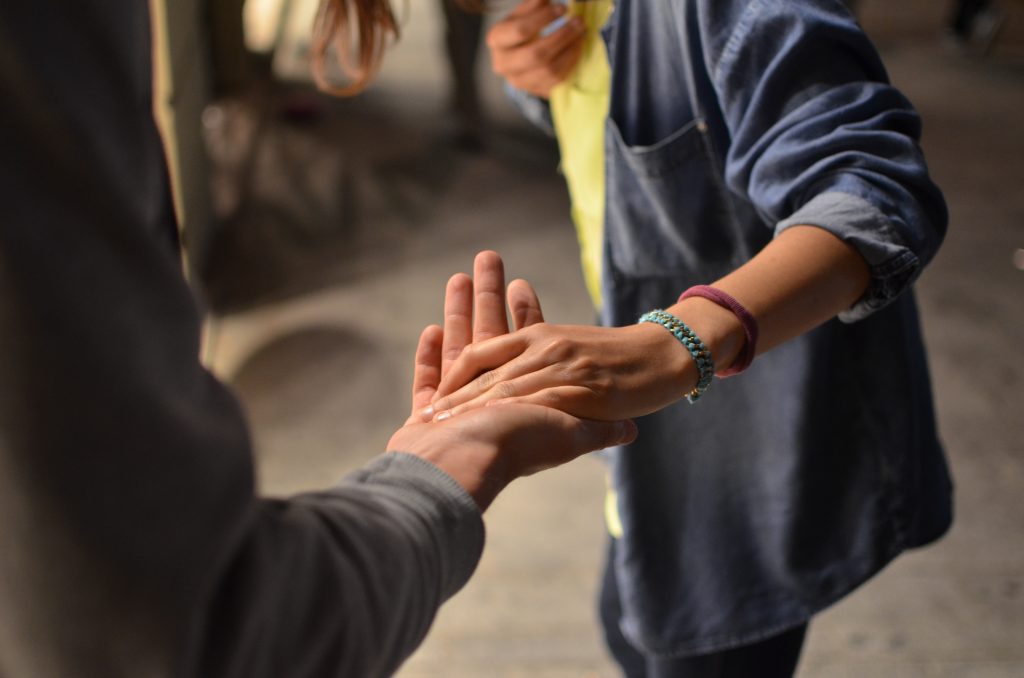Sponsorship in Recovery

What is a sponsor?
A sponsor is simply a mentor or a guide who has been in recovery and worked through the 12 steps and no longer has to drink or use.
What does a sponsor do?
A sponsor is usually a member of a 12-step program who has been in recovery for usually at least a year and has worked the 12 steps. Sponsors help you navigate membership, answer questions, work on the 12-steps, and offer accountability.
A sponsor is also a confidant who understands where you have been. You can confide in your sponsor what you may not be comfortable sharing at meetings. Or, further discuss, things you have brought up in meetings but that you feel like you need to unpack more outside of the limited time frame.
What does a sponsor NOT do?
A sponsor is not your therapist. You will not receive professional help from a sponsor. A sponsor should not impose his or her personal views on you. A sponsor is also usually not a close friend or a romantic partner.
For the sponsor-sponsee relationship to be successful objectivity and honesty are important. Close friendships or romantic relationships can make this very difficult to achieve. It’s best if your sponsor is someone you respect and trust but not someone with whom you have a long-standing personal relationship. Some people prefer a sponsor of the same gender or who has a similar backstory, but this isn’t always necessary for a good sponsor-sponsee relationship. Sometimes a new perspective is beneficial, too.
All that matters is that you are comfortable with your sponsor. Remember, all sponsors can be temporary. You or your sponsor are free to end the relationship at any time for any reason. However, if you choose to do so, make sure you do so in person. Set boundaries and respect the end of the relationship. Always remember to thank your sponsor. If your sponsorship relationship ends, do not dwell on it. You can always find a new sponsor, or potentially move into a sponsor role for another person.
Do you need a sponsor?
You need all the help you can get, especially in early recovery. With a natural guide such as your 12-step sponsor at your side, you’re on the right path toward getting stronger in your sobriety.
You should never feel as if you’re in this alone. That’s what your sponsor is there for, to help you navigate the often difficult and painful stages of early recovery. No, your sponsor isn’t your therapist, but he or she is committed to helping you achieve and maintain your recovery.
Recovery isn’t the end zone for a touchdown or the finish line in a race. Recovery is a lifelong journey. With a sponsor, you always have an ally available to offer support and encouragement when you need it and celebrate your victories along the way.
Recovery in the fellowship of the 12-step groups is a little like pay it forward. When you are strong and firmly established in your sobriety, consider offering to be a sponsor to another newcomer to the rooms. This helps you as well as your potential sponsee.
Remember that sponsors are human beings just like you. Everyone has their ups and downs and your sponsor isn’t infallible. Also keep in mind that if you find yourself at odds with your sponsor, it could very well be that there’s an issue you’re trying to avoid or don’t want to deal with. Talking it out can help resolve any differences, but if they become too much, rather than go without a sponsor, consider a change to a different sponsor.
The time is right and the moment is now. Start looking at the individuals you respect and feel represent the principles of recovery in the rooms. Give it some time and see if you and that individual may be a fit, or if you believe you can benefit from having this person be your guide in recovery. Finding a sponsor isn’t an exact science, but it’s not all that difficult, either. What is important is that you find one and begin working your recovery program.
If you feel like you are still unsure about getting a sponsor or being a sponsor, feel free to contact us today for more information!

Recent Comments